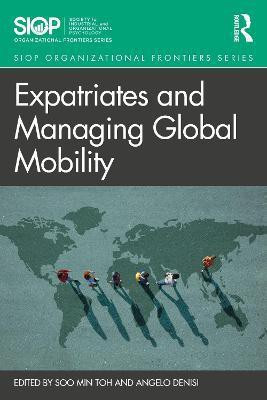Expatriates and Managing Global Mobility(English, Paperback, unknown)
Quick Overview
Product Price Comparison
Multinational enterprises continue to rely heavily upon expatriates as part of their global workforce. These expatriates, whose exact employment contract may take different forms, are assigned to help them develop global skills as well as to foster knowledge transfer. But managing this expatriate workforce is extremely complex, requiring a questioning of assumptions and sensitivity to new social and cultural dynamics. This book sets out to examine the problem of expatriate management through an I/O Psychology lens. Each chapter draws upon the expertise of scholars from around the world to provide insights into the latest research findings and remaining needs, pertaining to a wide variety of issues. The contributors of this book review the current state of the research of the issue at hand and then make recommendations for where the new frontiers of the research should be in the coming decades. This volume covers four sets of issues pertaining to expatriate management and global mobility in depth. First, the different decision points organizations must make about assigning someone to an overseas location for some period of time; second the different categories of employees in the multinational corporation and their unique characteristics and challenges; third, the various issues and implications of managing a globally mobile workforce; and fourth, the unique contexts of global mobility. Overarching future research themes are identified that lay out the research agenda for the coming decades. By bringing together key research, this book aims to help I/O psychologists understand, explore, and identify new ways of contributing to the understanding of the issues involved in managing an expatriate workforce. Incorporating state-of-the art I/O psychology research in this unique context bears the promise of yielding important new paradigms and practices. Chapter 5 of this book is freely available as a downloadable Open Access PDF at http://www.taylorfrancis.com under a Creative Commons Attribution-Non Commercial-No Derivatives (CC-BY-NC-ND) 4.0 license.


